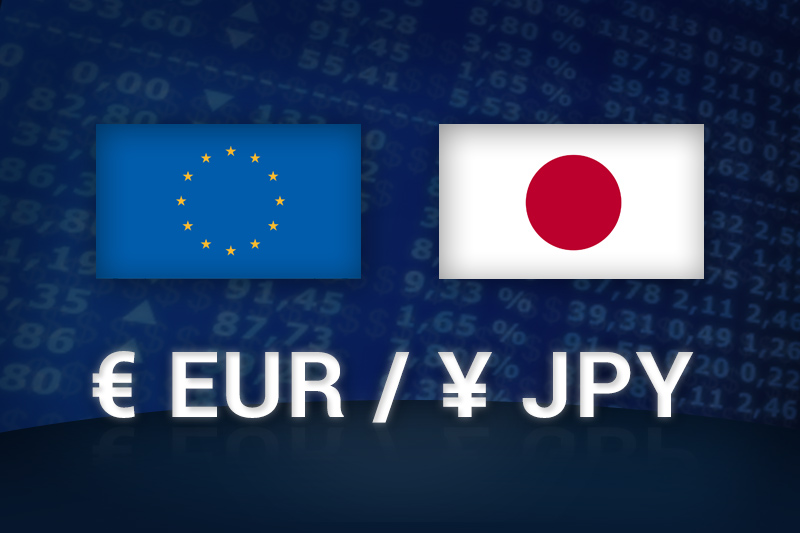Investing.com - The euro was steady against the yen on Monday, trading close to a four-month low as investors eyed developments in Greece after a weekend opinion poll showed that pro-bailout parties were gaining popularity ahead of June elections.
EUR/JPY hit 100.23 during European afternoon trade, the session high; the pair subsequently consolidated at 99.79, inching 0.05% higher.
The pair was likely to find support at 99.10, the low of January 23 and resistance at 100.32, the high of May 25.
The euro found some support after a poll on Sunday showed that Greece's conservative party New Democracy swung into first place ahead of June 17 elections, as the country's socialists claimed that European leaders are warming to the idea that bailout terms for Athens should be softened to ease pressure on the economy.
Investors remained cautious however, amid uncertainty over the outcome of the upcoming Greek elections, while fears over the health of Spain’s banking sector and the country’s rising borrowing costs also weighed.
Spain’s government announced Sunday that it was to recapitalize one of the country’s largest commercial lenders, fuelling fresh fears that the rising cost of bank rescues could force Madrid into seeking an international bailout.
Earlier in the day, Spain’s Treasury auctioned the full targeted amount of EUR3.5 billion of two-year bonds, but the yield climbed to 4.03%, up sharply from 3.35% at a similar auction in April.
Meanwhile, the yield on Spanish 10-year government bonds climbed to 6.50% on Monday, up from 6.34% on Friday.
Elsewhere, the yen was higher against the U.S. dollar with USD/JPY shedding 0.36%, to hit 79.39.
Also Monday, the minutes of the Bank of Japan’s April 27 meeting said that policymakers agreed to ease monetary policy in order to ensure the continued economic recovery, but that the central bank needs to counter the “misunderstanding” in markets that easing will automatically continue until the bank’s 1% inflation target is met.
Trade looked likely to remain quiet on Monday, with some markets in Europe closed for holidays, while markets in the U.S. were to remain closed for the Memorial Day holiday.
EUR/JPY hit 100.23 during European afternoon trade, the session high; the pair subsequently consolidated at 99.79, inching 0.05% higher.
The pair was likely to find support at 99.10, the low of January 23 and resistance at 100.32, the high of May 25.
The euro found some support after a poll on Sunday showed that Greece's conservative party New Democracy swung into first place ahead of June 17 elections, as the country's socialists claimed that European leaders are warming to the idea that bailout terms for Athens should be softened to ease pressure on the economy.
Investors remained cautious however, amid uncertainty over the outcome of the upcoming Greek elections, while fears over the health of Spain’s banking sector and the country’s rising borrowing costs also weighed.
Spain’s government announced Sunday that it was to recapitalize one of the country’s largest commercial lenders, fuelling fresh fears that the rising cost of bank rescues could force Madrid into seeking an international bailout.
Earlier in the day, Spain’s Treasury auctioned the full targeted amount of EUR3.5 billion of two-year bonds, but the yield climbed to 4.03%, up sharply from 3.35% at a similar auction in April.
Meanwhile, the yield on Spanish 10-year government bonds climbed to 6.50% on Monday, up from 6.34% on Friday.
Elsewhere, the yen was higher against the U.S. dollar with USD/JPY shedding 0.36%, to hit 79.39.
Also Monday, the minutes of the Bank of Japan’s April 27 meeting said that policymakers agreed to ease monetary policy in order to ensure the continued economic recovery, but that the central bank needs to counter the “misunderstanding” in markets that easing will automatically continue until the bank’s 1% inflation target is met.
Trade looked likely to remain quiet on Monday, with some markets in Europe closed for holidays, while markets in the U.S. were to remain closed for the Memorial Day holiday.
